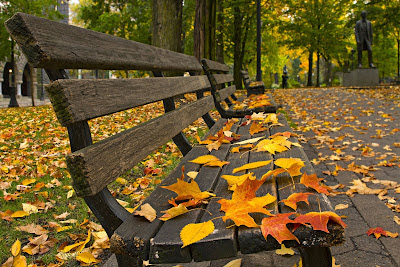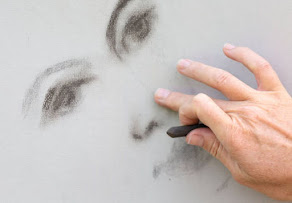Wine connoisseurs have been known to debate the best stoppers for their favorite wines. A little over a decade ago, synthetic corks were developed to replace the natural, sometimes crumbly corks preserving the flavors favored by connoisseurs everywhere.
Synthetic corks and even screw tops have come increasingly into favor with even the snobbiest of the snobs.
One might think that a lessened demand for natural cork might help preserve the trees which are stripped of a 9 to 12 year growth of bark to manufacture stoppers for wine bottles. Save a cork, save a tree. Save a tree, save the world. (Or was that the Cheerleader? – I forget!)
The trees will then just return to their natural harmony with Mother Gaia, right?
Well, as any crop harvested for profit, declining markets could cause cork growers to abandon the business altogether…and sell the land for other purposes, which could cause the loss of both the trees and the surrounding habitat they sustained.
The World Wildlife Federation puts it like this:
But if the demand for cork is not maintained there’s a risk the cork oak landscapes of the western Mediterranean will, within a decade, face increased poverty, more forest fires, loss of biodiversity, and faster desertification.
And while the imperiled cork oak groves are more the result of the march of technology, in the quest for the perfect wine, perfectly preserved, there is an element of the unintended consequence here. After, all...no one intentionally plotted the demise of cork oak groves.
It would be mildly ironic, wouldn't it, if those environmentalists, stereotypically considered part of the wine and brie set, were to aid in unintentionally bringing about the deforestation of cork oak groves in their continuing pursuit of the perfect wine?
Maybe they could just put a cork in it!








No comments:
Post a Comment